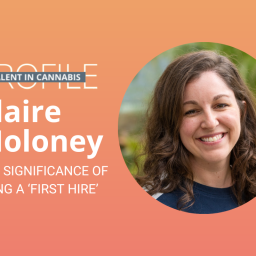This week in Mass Talent – I had the opportunity to speak with Cory Ravelson, the newly promoted Director of retail Operations at Nature’s Remedy in Massachusetts. Nature’s Remedy is a vertically-integrated single state operator in the Massachusetts Cannabis industry. They became operational in 2019 – they currently have two dispensaries operational in Millbury and Tyngsborough, with a third coming online in early 2021 in Worcester. They have 23k square feet of canopy in Lakeville, MA where they have an ever-changing menu of about 40-50 strains in production. On top of cultivating great cannabis – they produce edibles and do contract manufacturing for brands outside of the state like Airo brands.
Cory Ravelson has over 10 years of experience in the cannabis industry. He started in Colorado while he was attending UC Boulder and never looked back. His early experience in cannabis came on the cultivation side of things where he cut his teeth, learned about the plant, and and figured out what it meant to work in cannabis. I have seen him use this cultivation knowledge first-hand in his current role at Nature’s Remedy – Cory takes his retail staff to the cultivation/manufacturing site to get them acclimated with what products the company makes, how they make them, and empowers his staff to ask the cultivators, extractors and edible chefs questions so they know how to speak to the products.


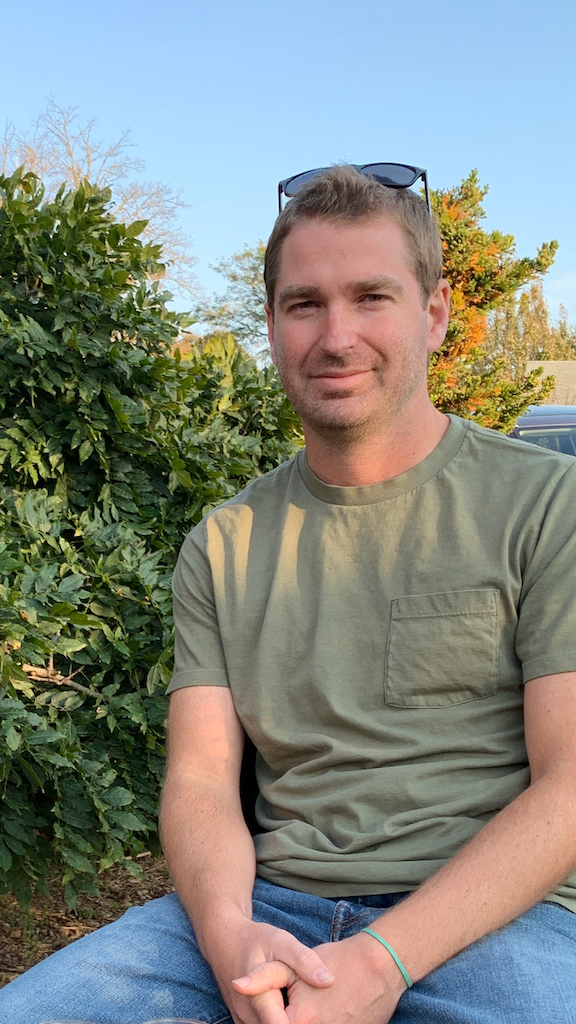
Q: What preconceived notions did you have about the cannabis industry and how have they changed since you joined?
A: Well, I was there for the inception of the industry in CO so I’m in a unique position to answer this question, as I didn’t really have preconceived notions because I didn’t have an opportunity to let them develop with an outsider’s perspective, as everything was created right in front of my eyes.
The industry was something I believed in and advocated for from the start, so when the opportunity came up to work alongside a master grower while I was in college – my only question was can I go to jail for this? So I went to the campus attorney and asked – he said it would be more likely that the license holder was at risk, especially if I paid my taxes and operated within the state guidelines of an employee in the CO Cannabis industry. Notice, I chose to consult an attorney over my parents because I knew they wouldn’t support my decision (laughs).
But I will say – a misconception that I think people do have, at least from what I’ve observed – is that cannabis culture is chill and everyone is getting stoned while working or that it’s an easy industry to work in. Once you’re in the industry, you see it’s a lot more intense than that. It is one of the most challenging, but rewarding, industries in the world – there’s a ton of capital needed and red tape to navigate, then even more rules and regulations to adhere to once you’re open, to stay open. From ownership to dispensary agents the expectation is that this is not an easy endeavor – it’s a challenge.
Q: What work experiences or situations before cannabis prepared you to work in this industry?
A: It’s two-fold for me – after operating in the industry for 5 years in CO, I took a year off and worked in real estate for a year in MA. That experience ultimately led to my next role as a regional manager for 4Front Ventures where I was doing real-estate Site planning and selection, applications, negotiating contracts, and getting licensing approved for both retail and cultivation facilities in multiple states. My knowledge on the real estate side allowed me to get exposure into new and emerging markets like NJ, MD, and PA and helped my growth and perspective within the industry overall.
On the operations side, I personally think that on a micro-level – my time as a camp counselor as a teenager and in college has played a big role in my people management skills when it came to managing a dispensary. It taught me to value every person in the building, put them in right place to succeed, and understand they are unique people who have different challenges and lives. That experience really helped me be a better, more effective leader when it comes to getting everyone on the same page and working towards a common goal.
Q: What are some of the largest challenges or obstacles in the Massachusetts Cannabis industry?
A: When I hear a question about challenges in the industry, I start at the top – barriers to entry, in the form of capital requirements needed to withstand the licensing process. You have legal fees & real estate fees, which are sustained over a multi-year period while you’re getting permitted and licensed – and that’s prior to construction costs, hiring staff – and way before a single dollar comes through the door. Conservatively speaking and using round numbers – it costs about 1-2 million dollars to open a retail dispensary and 5+ million dollars to open a cultivation facility before a dollar ever comes in.
This barrier to entry has affected the product offering and product quality in the state. State regulations required companies and operators to be vertically integrated and focus on everything from cultivation, product creation, packaging, and transportation, to marketing, sales, etc. To require industry operators to do all of the above is largely unsustainable long term.
The Commonwealth is just recently getting into more specialized manufacturers/licenses, companies who can own one product segment – a beverage company, for example. It’s hard to be really good at one thing like beverages when you have 8 other product lines to focus on. Carrying high quality, specialized products will help fellow retailers and producers concentrate on what they do best, and the consumer will ultimately be the biggest benefactor from having this type of specialization. Focusing on niche product types helps in the development of brand recognition – something that is so prevalent on the west coast that is just coming to MA now. It will be an exciting piece of the puzzle to watch roll out over the next 18 months.
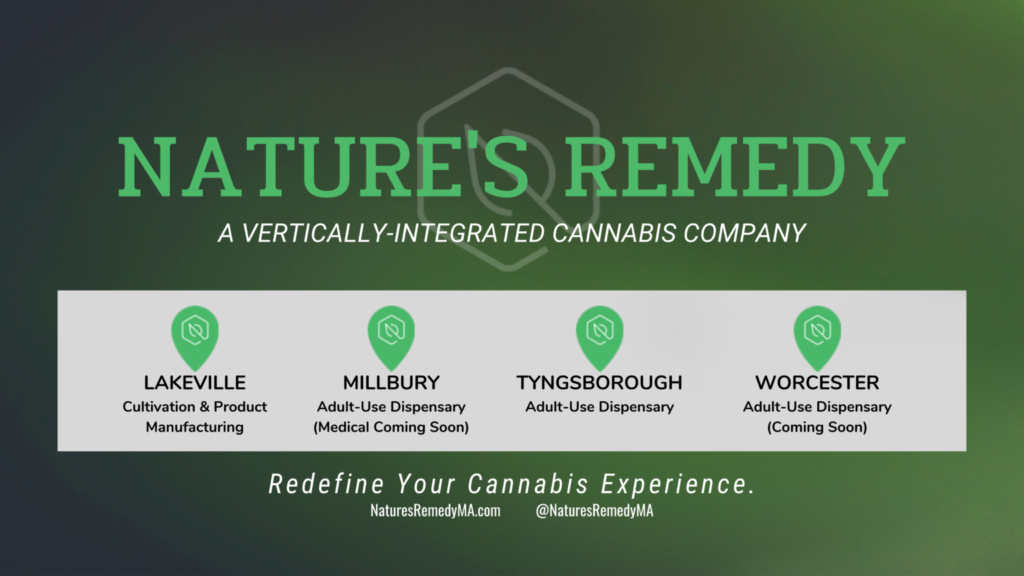
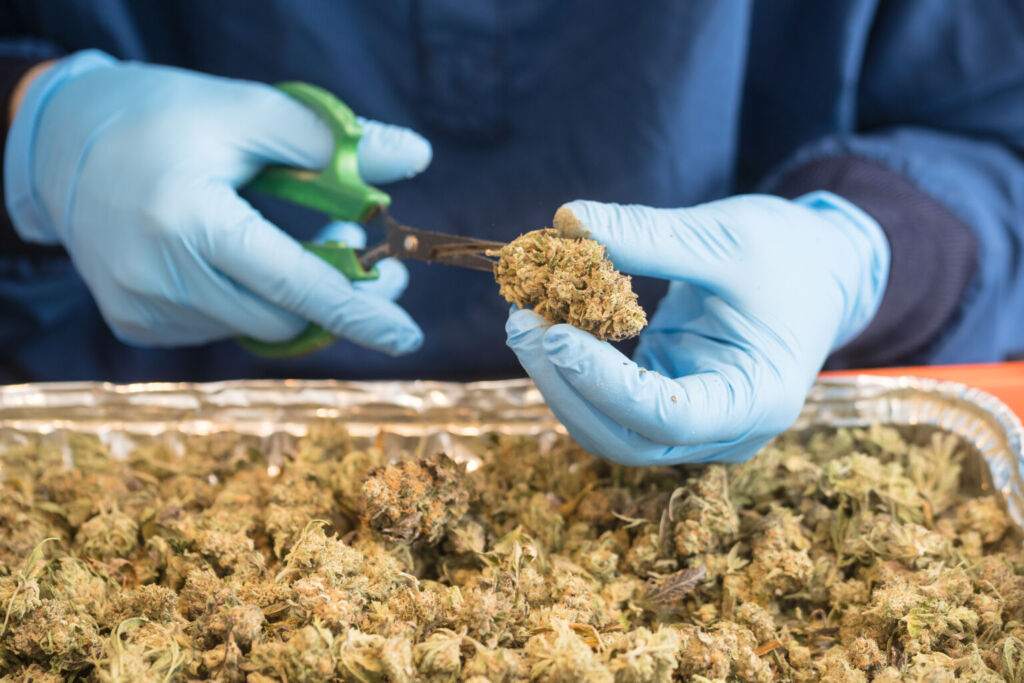
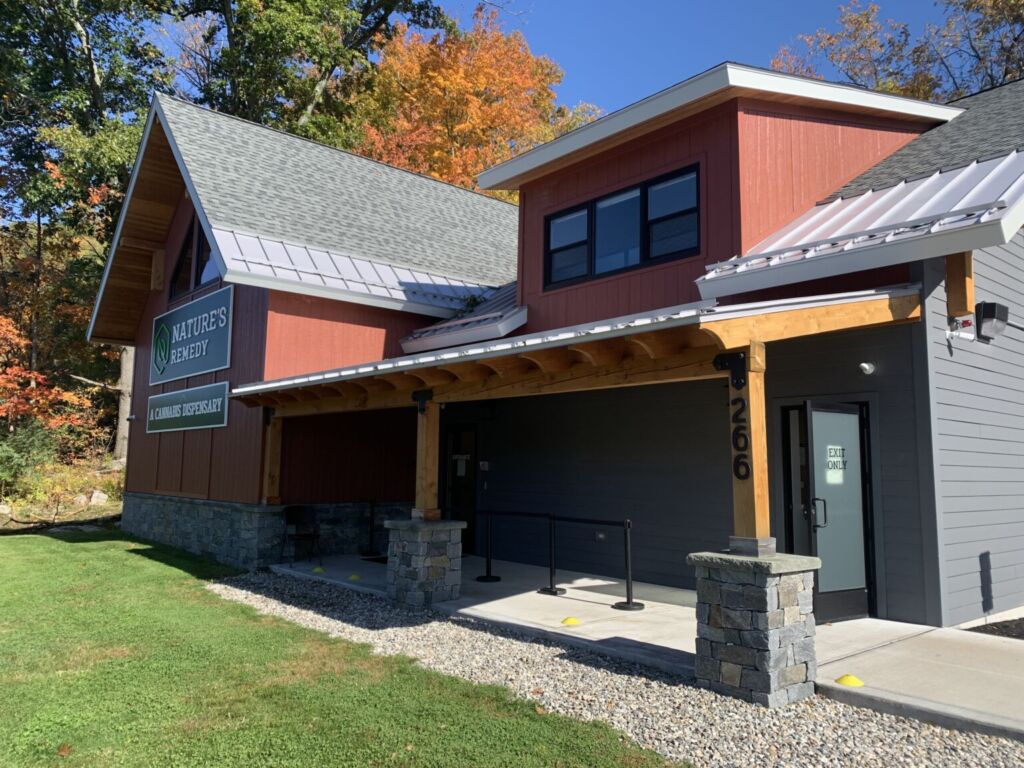
Q: What tips or pieces of advice do you have for folks looking to get into the cannabis industry?
A: The demand to get into this industry is high right now – there are a lot of people looking to enter the industry and not a ton of jobs comparatively speaking.
So, Be Humble – be open to taking a step back in title, Responsibility, or pay to get into the industry and work your way up. The barriers to entry are so high – it’s a trickle-down effect, the salaries are a little lower than they should be at the entry-level but it makes sense because it’s such a new start-up industry.
Don’t dwell on title or salary – instead, find a role that is empowering, that you feel good about, and that you can utilize your skills in. And most importantly find a strong manager, always prioritize good leadership because if you expose yourself to a leader who has skills and experience in the industry, you’re going to grow. It’ll take some time, but you just need the experience first, so get in, work hard, and things will start to fall into place.
Q: Where do you see the industry heading in MA in the next 3-5 years?
A: Looking at the MA market – there are about 70 retail operators right now, and i think if we look at pending licenses and the growth of other markets – within the next year or two years we’ll see about double the number of retailers we have now. When it comes to cultivation and processing – we have about half as many cultivators operational and we need a lot more to keep up with a market that could have upwards of 150-200 dispensaries when all is said and done.
I’m personally concerned about if the timing of the two will match up. I think we’ll see a lot more retailers before cultivators – that will keep prices high and products scarce which is obviously not great for the consumer. I hope that I’m wrong – in that more cultivators will be licensed and operating soon – and an emphasis on outdoor growing could be the least capital-intensive way to do this. And aside from keeping the price down for consumers, it would satisfy the state’s need for biomass to keep up with demand. To summarize – I see a short term pressure on cultivators and producers to keep up with demand.
Q: What brought you here (the cannabis industry) and what is keeping you here?
A: What brought me here was being in the right place at the right time. I was in Boulder, CO in 2009-2010, and just happened to have a friend opening a legal cannabis venture. I joined back then and haven’t looked back since outside of the venture into real estate for a year.
I was hooked from the beginning after seeing the medicinal qualities and uses and seeing the better quality of life it brought to those in need. Then, the year in real estate is really what drove me back – it made me realize that the cannabis industry was something that was very unique to me and I felt at home in this industry. It’s hard work but my love and passion for what I do make it that much easier.
What’s driving me to continue to be energetic about the future is that we’ve just hit the tip of the iceberg. There is so much room to grow in this industry not only in MA but across the country and across the world. Really At this point, the sky’s the limit.









